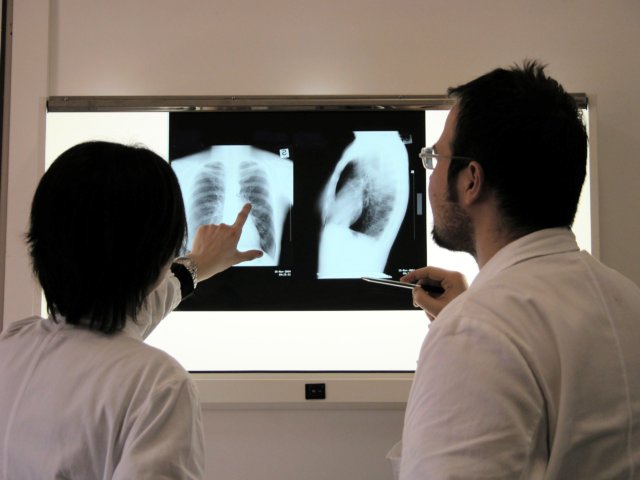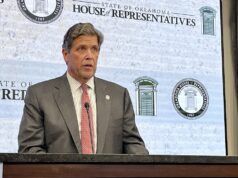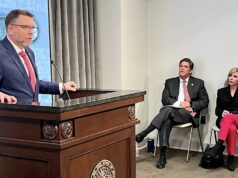
World-famous historian Will Durant once wrote, “God never read the Declaration of Independence.” What Durant was referring to in the Declaration was Thomas Jefferson’s statement, “all men are created equal.”
We all believe that, as human beings, God loves us equally. As human beings, we all have the same worth in God’s eyes, but He clearly did not create us equally. Some humans are much smarter than others. Some are simply better athletes. I know this because, despite intense efforts, I don’t seem to be able to play golf as well as my friends.
Some of us are going to live longer than others. Some will live a life relatively free of disease, while others will be plagued with typical chronic diseases. Some will die early because of their lifestyle, while others will expire simply because they had the bad luck to have poor heredity.
What this means is that we will always need health care services to address the problems that befall those of us who have the bad luck to be in an accident or fall down the stairs — or the misfortune to inherit a faulty genetic makeup from our parents. Many of us have the intemperance to smoke or eat too much.
Amazon’s approach may threaten physician’s role
The first rule of health care that our friends at Amazon may examine has been that it takes a doctor’s order or a prescription for all health care services to begin. This makes perfect sense in that physicians are the best and most thoroughly trained to address the immense complexity of the human body and its diseases. Despite the physician’s position in the hierarchy of medical professionals, none of them are prepared to know and understand the accumulated medical wisdom of the ages. This is where we are beginning to see fault lines develop in the relationship between physicians and patients.
A younger generation is developing that has full confidence in their own ability to gather information and opinion from the internet. While some self-diagnoses may be foolhardy assumptions, we have a youth cohort that is increasingly comfortable in comparing their physician’s opinion to that which they may read on their cell phone.
The first rule we may see challenged is the physician’s right to be the instigator of all medical procedures as well as the sole dispenser of medical wisdom. We’re beginning to see this challenge take place in state legislatures, where ancillary professionals are looking for new laws that exclude or limit the physicians’ preeminence in dispensing medical knowledge.
For instance, for the first time in Oklahoma, patients can go directly to a physical therapist without a physician’s prescription. Increasingly, physicians’ assistants are calling for their independent practice in which every decision they make is not monitored by a doctor. Therefore, the Amazon posture in breaking rules may start with the idea that maybe the physician is not necessarily the instigator of all things medical.





















